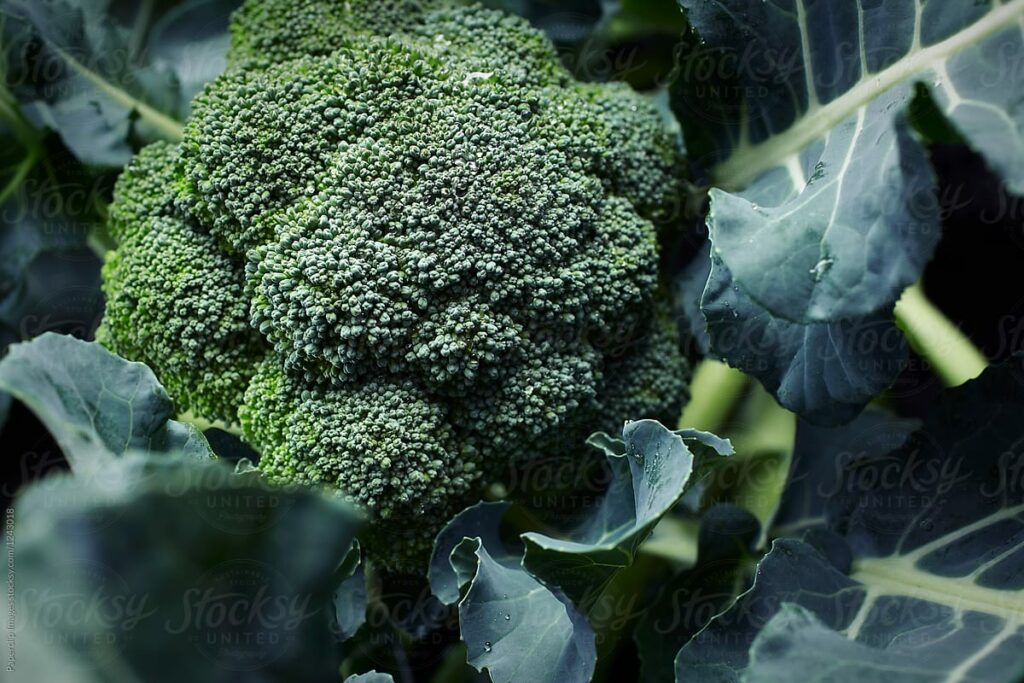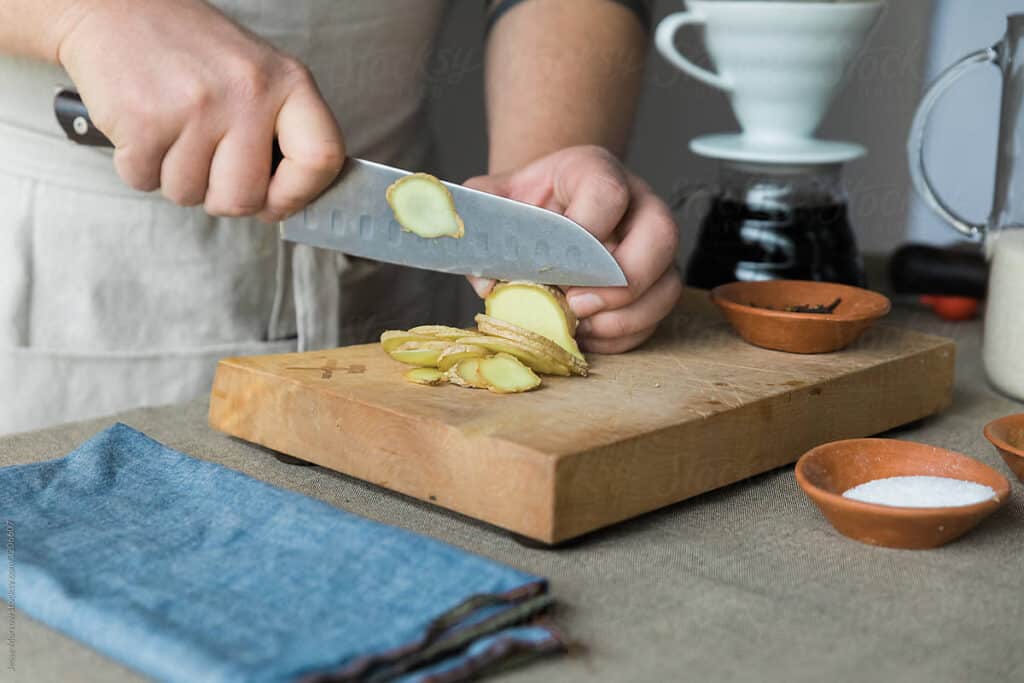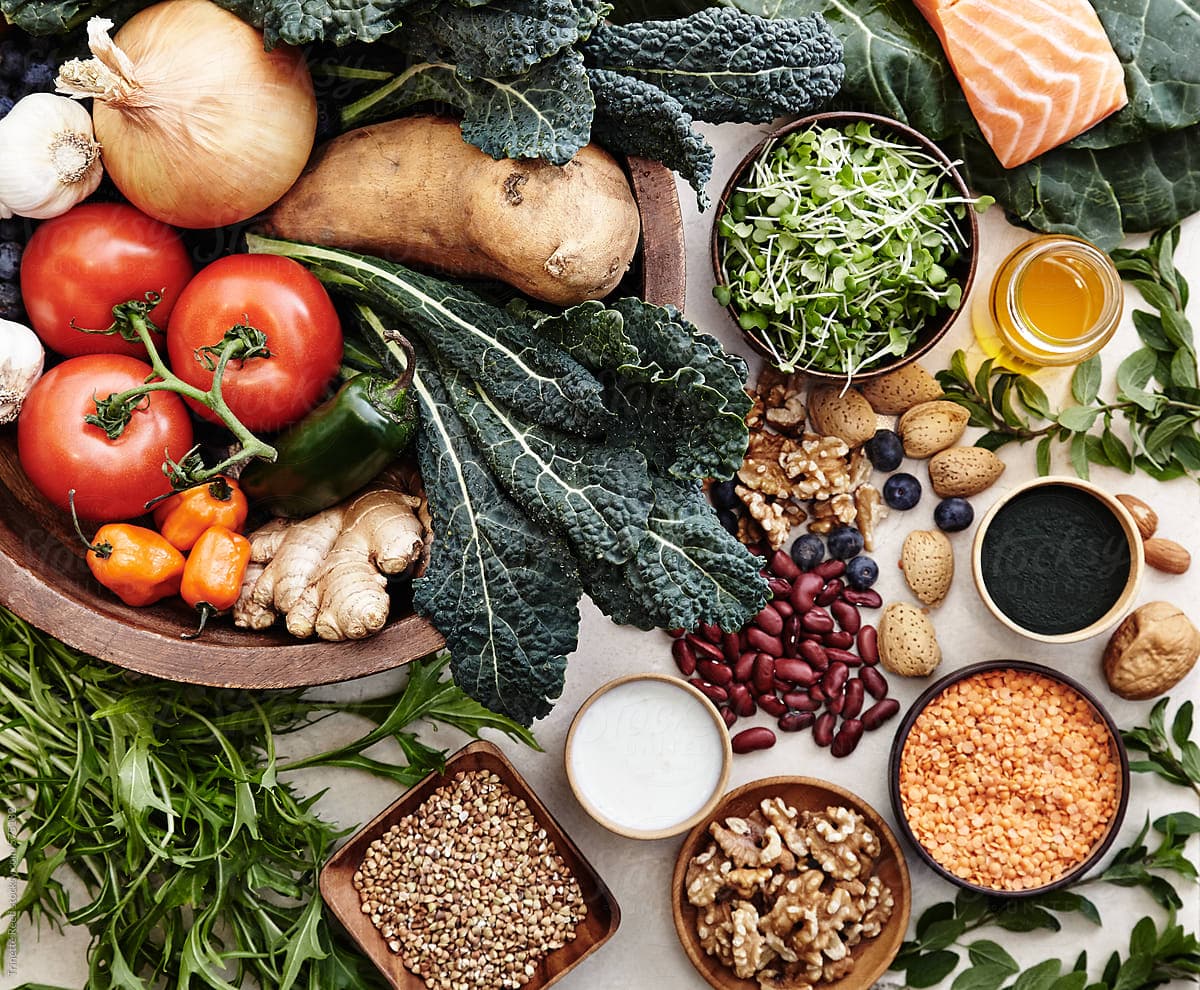At Papillex, we are all about focusing on the factors we can control to positively impact our overall health. With that philosophy in mind, today we’re talking about food!
Food plays a powerful role when it comes to supporting our immune health. The array of micronutrients we obtain from our food is necessary for the immune system to mount and sustain a response against pathogens and invaders like the human papillomavirus (HPV).
Consuming a diverse, whole-food diet is number one in getting our supply of vitamins, minerals, and other phytochemicals. We’ve outlined a few of our favorite foods that can support our immune system on a daily basis.
Citrus fruits
Many of us jump to citrus fruits when it comes to supporting our immune system–for good reason! Citrus fruits like grapefruit, oranges, lemons, and limes are a great source of vitamin C, magnesium, B vitamins, potassium, phosphorus, magnesium, and copper.
Vitamin C in particular plays an important role in many cellular immune functions. The micronutrient has been found to help stimulate immune molecules like neutrophils, which help identify and clear away invaders. Vitamin C has been found to help decrease the severity and duration of colds and flu. Vitamin C can be depleted due to pollution, smoking, infections, and other diseases that increase oxidative stress. Studies have also shown that higher levels of Vitamin C might help reduce cellular changes due to HPV.
Citrus is also a source of phenolic compounds and terpenes. These antioxidants have anti-cancer and anti-inflammatory properties. These compounds and Vitamin C work together to have a synergistic action in supporting your immunity.
Consuming whole citrus fruit (not the juiced form) is also a good source of fiber. Fiber helps support a healthy gut microbiome, which is intricately connected to our immune system.

Cruciferous vegetables
Cruciferous vegetables are also known as the Brassica family, they include some of our favorites–broccoli, Brussel sprouts, collards, red cabbage, kale, and asparagus. These crunchy vegetables contain phytochemicals that are high in antioxidants called isothiocyanates. They are also rich in sulfur, folate, vitamin K, and vitamin B6. Regularly consuming cruciferous vegetables can help support DNA repair. Sulfur also helps recycle the antioxidant glutathione.
The Brassica family also contains a rich source of sulforaphane, which is broken down into two powerful antioxidants, Indole 3 carbinol, and DIM. The compounds have been found to have anti-cancer properties and help regress cervical dysplasia. DIM is one of the ingredients found in Papillex.
Cruciferous vegetables also benefit gut health due to their high fiber content, phytonutrients, and other vitamins and minerals. Lightly cooking these dense vegetables can help make them easier to digest and be utilized by the body.
Are you ready to respond to HPV?
Ginger
We have all tasted the warm, healing properties of ginger. Ginger has been used for centuries around the world in teas, dishes, and as a medicinal compound. The pungent rhizome contains the compounds gingerol, shogaol, and paradols.
The anti-inflammatory and antioxidant properties of ginger have been found to benefit a range of conditions including degenerative disorders, digestive health, nausea and vomiting, diabetes, and cancer. The antimicrobial properties of ginger also help treat infectious diseases. The research suggests the anti-cancer properties of ginger come from its inhibitory effects on cell proliferation and cell death. Ginger can also suppress inflammation and DNA damage. Studies have shown that ginger can play a role in many cellular pathways that impact the prevention and treatment of cervical cancer.

Garlic
Garlic is another dietary staple, used for centuries for its pungent flavor and many health benefits. A superfood for many reasons, garlic is chock-full of nutrients, amino acids, and fibers. It contains calcium, iron, magnesium, selenium, zinc, and vitamins B1, A, and C.
Garlic’s medicinal properties come from its concentration of sulfur-containing compounds like allicin and ajoene. Allicin helps support the immune system by reducing inflammation and stimulating immune defenses. The compound gets activated when garlic is chopped. Once in the digestive tract, allicin helps inhibit the growth of pathogens it has even been found to protect from certain bacteria like Helicobacter pylori.
The compounds found in garlic also possess anti-cancer effects. Ajoene has been found to trigger cell death in leukemic cells. Compounds in garlic have also been studied for their role in inhibiting mammary, melanoma, colon cancer cell growth. Research into its effect on liver, prostate, bladder, and lung cancer is evolving.
Garlic also supports healthy gut flora. Garlic contains a prebiotic fiber called inulin that helps feed the growth of good gut bacteria.
Are you ready to respond to HPV?
Mushrooms
We couldn’t complete our favorite immune-supporting foods without mentioning mushrooms. Regularly consuming mushrooms like shiitake and white button, offer a supply of many therapeutic compounds including polysaccharides called beta-glucans. Beta-glucans help inhibit inflammatory molecules while stimulating immune receptors and molecules to defend against pathogens and viruses.
Mushrooms are also a rich source of B vitamins, which help protect the heart and regulate the nervous system. They also contain copper and potassium.
A study researched participants that consumed 5 or 10 grams of shiitake mushrooms daily for a month. They found an increase in the production of T-cells and natural killer cells. Consuming mushrooms also increased the expression of receptors. The participant’s gut health was also impacted, with an increase in sIgA, a marker of healthy gut immunity.
Of course, immune-supportive nutrients and phytochemicals are found across the food rainbow. Ideally, a diet rich in diverse plant and whole foods will support a healthy immune response. We hope this list offers a little extra inspiration for your next grocery haul.





